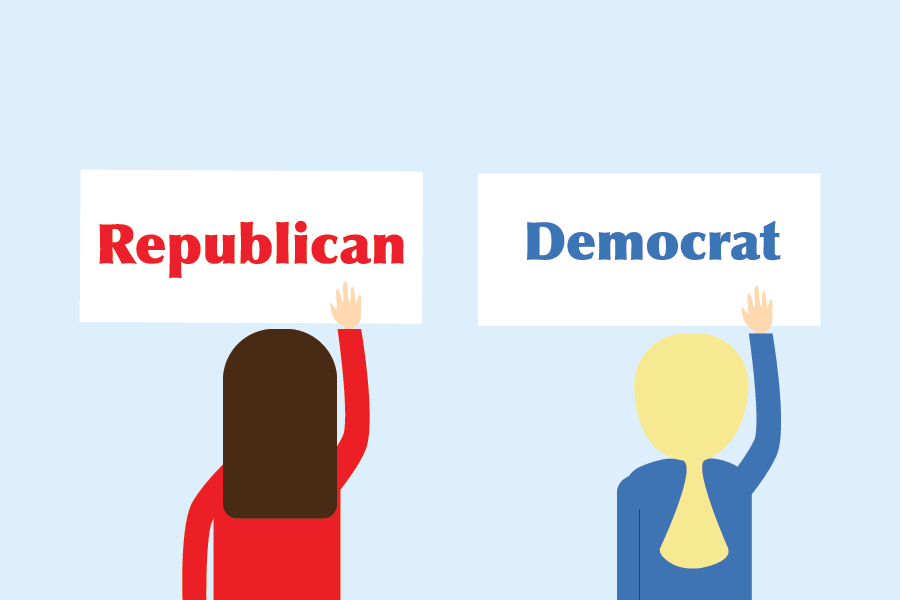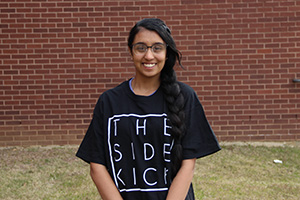People should not let differing political/religious beliefs affect their relationships
February 4, 2016

Everyone has probably had that one person in their life that is incredibly irritating (or enraging) to be around. Not because they smell, or have odd habits, but because they believe something different than you, be it on the political or religious spectrum.
So, to avoid being uncomfortably surprised, you try to never discuss politics or religion among casual company. That seems to be the golden rule for political and religious issues. But many people go even farther than that, immediately shunning someone from an “opposing” group, trying to “convert” someone to the “right side,” or starting a fight just to “put someone in their place.”
Even if you get some short term satisfaction from reaffirming your sense of righteousness, this is actually a harmful mindset to have, not just because you come off as intolerant, but also because you deprive yourself of some potentially great friendships.
People spend far too much time focusing on their differences, rather than their similarities, and seem to believe that a relationship can only function if both people agree on absolutely everything. That is never the case in real life, but you still see liberals and conservatives get into screaming matches on the Internet over immigration policies.
I do not identify as any religion, yet I have still found understanding, caring Christian, Muslim and Hindu friends in school. I appreciate them as good-hearted people. Their religion does not affect my opinion of them – I see them for their humor, their intelligence, their kindness.
Even if you and a person are polar opposites in terms of ideology, you can still respect each other even if you do not see eye to eye. Respect means that you understand the reason they believe the things they believe, and even if you do not agree, you can still appreciate them as an individual and see their good traits.
And even if you find respect difficult, there are still other things that you and someone else can bond over. Maybe you both love volunteering for animal shelters. Maybe you both have a fondness for a certain band, or maybe you can discuss the greatness of tacos. Politics and religion never even have to come up in your relationships.
Another person’s goodness should not be defined solely by their personal beliefs, but also by their behavior and actions regarding others. If you try and shove your beliefs into other’s faces, and call them stupid and ignorant, you do not come off as a nice person, regardless of the belief itself, and people will start to avoid you.
Calm, friendly debates over political/religious issues are entirely possible. I find it very interesting to see someone else’s perspective, and it gives me a more balanced opinion on an issue. It can also strengthen friendships, as it demonstrates to the other person that you are an open-minded and even-tempered individual, and so can be trusted much more easily.
Accepting that people are inevitably going to have different beliefs than you is an important mindset that teenagers should develop, especially at Coppell High School, a place that has a fairly diverse population of both students and opinions. Constantly trying to convince someone to believe the things you do is not only fruitless, it is often frustrating for both you and the person on the receiving end.
With that being said, I am not advocating that you should force yourself to be friends to someone. If you and that person’s ideological differences are so great that you feel as if your identity as an individual is being devalued, then it is best to distance yourself. Do not be constantly bitter, and do not try and start a fight – it only gives you unhappiness and solves none of the problems.
But even so, do not let differences such as these scare you off from starting a friendship. Relationships are not just about politics and religion, and by closing yourself off from others, you are only hurting yourself.










